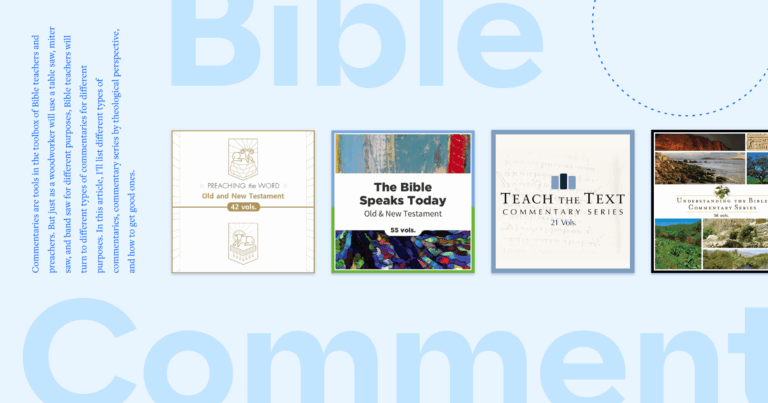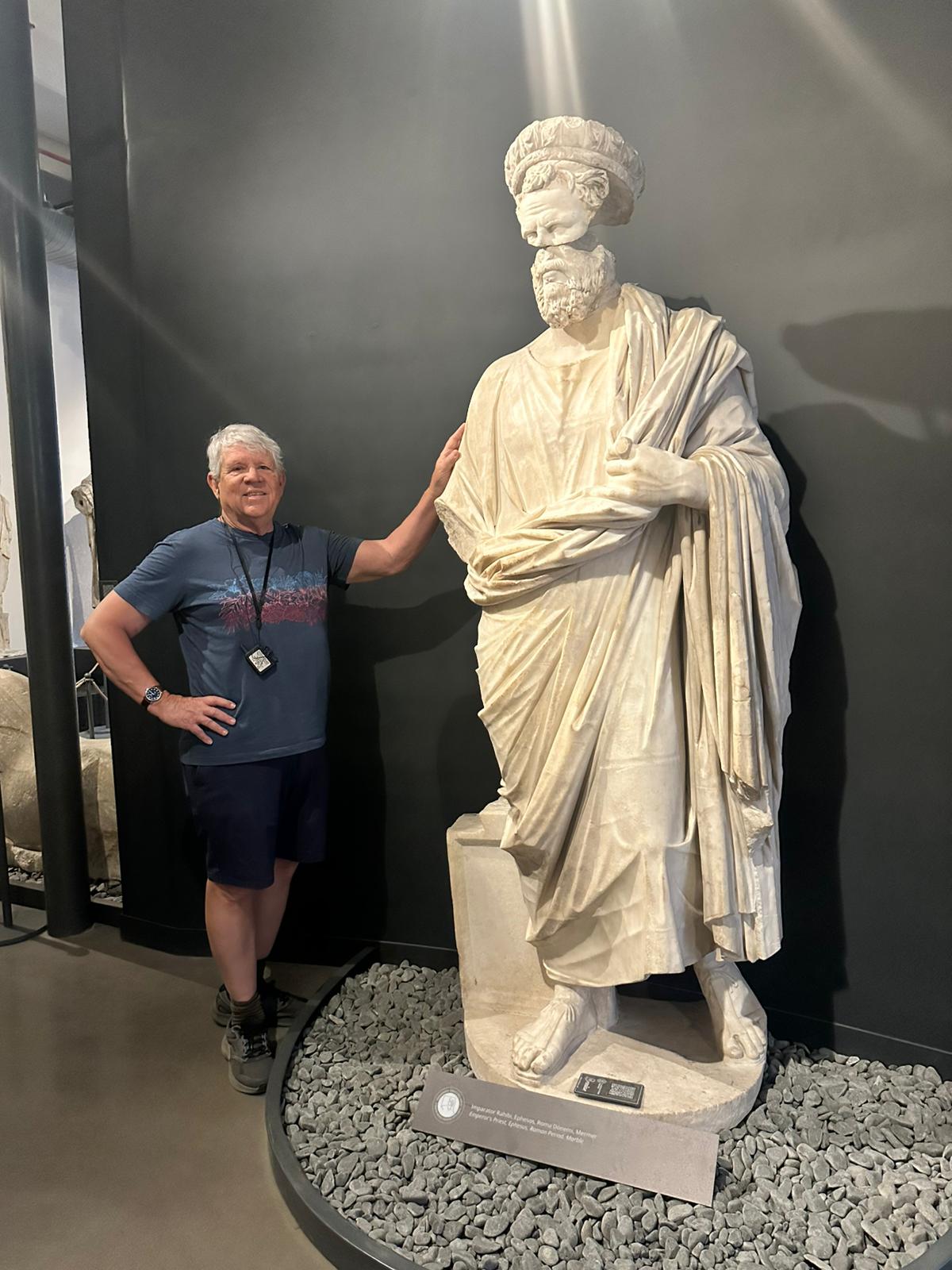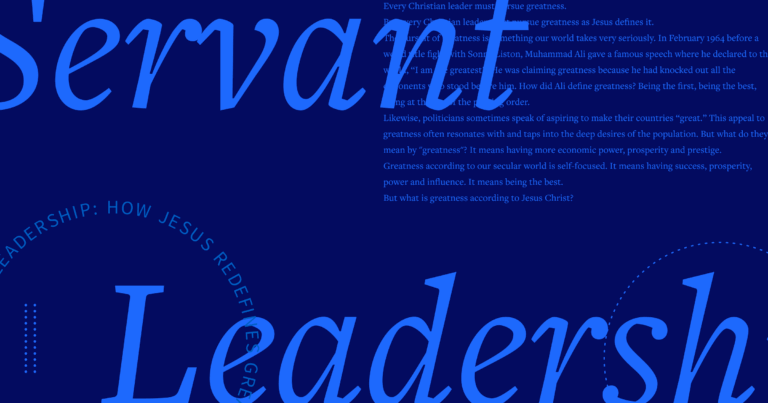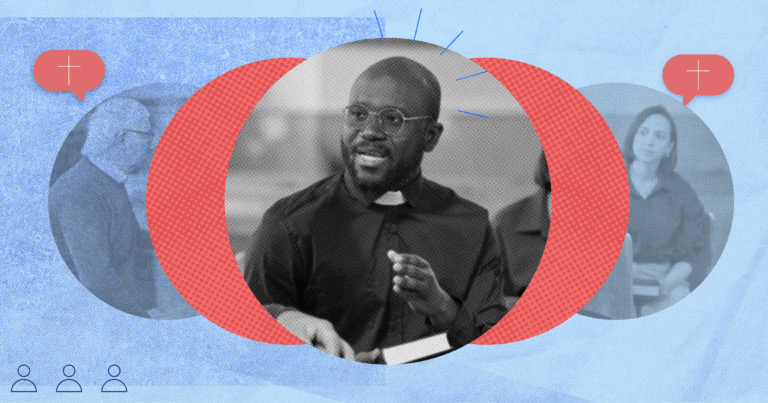I the Preacher have been king over Israel in Jerusalem. And I applied my heart to seek and to search out by wisdom all that is done under heaven. It is an unhappy business that God has given to the children of man to be busy with. I have seen everything that is done under the sun, and behold, all is vanity and a striving after wind. (Eccles. 1:12–14)
Recognizing Futility in Life
Futility is a relative term. To describe something as futile is to say it is not useful for some specific purpose. Behind our experience of life’s futility is the unrecognized and fruitless attempt to overcome death. We experience futility in work or pleasure or wealth or whatever else when these things are not able to do what we’re asking them to do. We’re asking them to protect us from death—to give our lives meaning that death won’t erase. And for this purpose, they are futile. We’re building walls and roofs out of tissue paper and asking them to give us shelter from the rain.
When we experience futility, we taste the power of death to expose the false gods we’ve set up in our lives—gods that we’ve designed for ourselves and asked to deliver us. We make gods of work or money or relationships or any number of good but created things when we love them or trust them or obey them, instead of the God who made them and us.
Overcoming Futility with Purpose
One writer has called Ecclesiastes “the most striking messianic prophecy the Old Testament has to offer.”1 I believe he’s right. The book is relentlessly bleak. At points the Preacher looks beyond the sun to the realm of the Creator, calling his readers to enjoy what God has given while they can. But for the most part he stays on point, and he finishes where he began: “Vanity of vanities, says the Preacher; all is vanity” (Eccles. 12:8). Ecclesiastes is not messianic in the way of Isaiah. There are no promises of deliverance to come, no expectation that someone will one day break into the monotonous cycle of vanity and bring something new. But Ecclesiastes is messianic in its own way: it sets the context in which the resurrection of Jesus makes sense. It prepares us to see why everything is vain if Jesus is not alive. So, by contrast, it helps us see how everything matters if Jesus is alive.
This vanity seems to be in the background of Paul’s thinking in 1 Corinthians 15, a chapter fully devoted to defending the necessity and revealing the beauty of Jesus’s resurrection. I want to continue this reflection on futility by following Paul’s argument about what Jesus has done to transform what is possible for us.
Remember Death
Matthew McCullough
Claiming that the best way to find meaning in life is to get honest about death, this book aims to show readers the practical effect of remembering their mortality in order to make the most of their lives today.
If Jesus Is Not Raised, Our Faith Is as Vain as Everything Else
Paul seems to be responding to some in Corinth who did not understand the importance of resurrection or, perhaps, did not believe it was possible. He reminds them what he told them at the first, what was handed down to him too: that Christ died, he was buried, and on the third day he was raised. He reminds them of the evidence: the apostles saw him, five hundred brothers saw him at once, and Paul saw him too. But Paul goes one step further. It is not just that this is what has been handed down as true. It is not just part of the tradition. The point is that it must be true or Christianity itself is pointless: “If Christ has not been raised, then our preaching is in vain and your faith is in vain” (1 Cor. 15:14).
The Greek word Paul uses for “vain” has a similar range of meaning to the Hebrew word that is Ecclesiastes’ catchphrase.2 Knowing Paul was a rigorous, well-trained scholar of the Hebrew Bible, it is not difficult to imagine that he has the message of Ecclesiastes in mind as he reflects on the nonnegotiable importance of Jesus’s resurrection. He is telling the Corinthians that if Jesus is not alive again, then their faith is just as vain as everything else. It’s as vain as pleasure, money, or work. It’s just another set piece propped up on stage. Another wall of tissue paper that will only dissolve in the storm. Another piece of wood we have arbitrarily decided to worship rather than to burn. If Christ isn’t raised—if he couldn’t face death and overcome it—then he is vain, and our faith in him is vain, and our lives remain pitiable, foolish, and empty. “And if Christ has not been raised, your faith is futile and you are still in your sins. Then those also who have fallen asleep in Christ have perished. If in Christ we have hope in this life only, we are of all people most to be pitied” (1 Cor. 15:17–19).
In these verses Paul essentially accepts Peter Berger’s terms. See how Berger condensed the purpose of religion: “The power of religion depends, in the last resort, upon the credibility of the banners it puts in the hands of men as they stand before death, or more accurately, as they walk, inevitably, toward it.” Paul echoes—really, foreshadows—that assessment here in 1 Corinthians 15. If Christ is not raised, then he can’t raise us. If he can’t raise us? “If we have hope in this life only”? If what’s “under the sun” is all there is? Then Paul’s life is striving after wind. It is pointless and empty. All his sacrifices are wasted, and he deserves pity. The perspective of Ecclesiastes has prepared Paul for desperate dependence on the promise of resurrection. It is resurrection or vanity.
But Christ Has Been Raised
This desperation sets the stage for what comes next: “But in fact Christ has been raised from the dead, the firstfruits of those who have fallen asleep” (1 Cor. 15:20). In fact, our faith is not futile but powerfully effective. Christ didn’t try to evade death by pleasurable self-medication. He didn’t try to rise above death by a résumé of accomplishments others would remember when he was gone. He faced death head-on. He took the fight to death’s territory, went into its very depths, and emerged victorious once and for all. And he did this not for himself only, but as a firstfruits of what is to come. In Paul’s words: “As by a man came death, by a man has come also the resurrection of the dead. For as in Adam all die, so also in Christ shall all be made alive” (1 Cor. 15:21–22).
Paul is announcing that Christ has made our enemy his enemy. Death is no longer our battle to fight. “Then comes the end, when he delivers the kingdom to God the Father after destroying every rule and every authority and power. For he must reign until he has put all his enemies under his feet. The last enemy to be destroyed is death” (1 Cor. 15:24–26). The fact of Christ’s resurrection shows that this sequence is set in motion, and nothing can stop its force. It depends on us for nothing. Christ does it all. He has made death his final enemy, and he has crushed its power.

We All Need Reminders!
In the busyness of life it’s all too easy to forget who God is, what he has done for us, and who we are because of him. Crossway wants to help! Sign up today to receive concise Scripture-filled, gospel-saturated reminders that will encourage you and strengthen your walk with Jesus.
And Since Christ Has Been Raised . . .
Now we’re ready to see how Paul applies Jesus to our experience of futility. Remember the roots of futility we’ve unearthed: the things that matter to us in life feel futile because they matter too much—because we look to them for meaning that death won’t erase, and they can’t deliver. As foundations for lives of substance, our work, our money, our pleasure-seeking will always remain empty. We trust them in vain. Paul has argued the same test applies to Jesus—if he can’t survive the threat of death, our faith in him is futile and empty too. We may find his talk on loving one another inspiring or sentimental. We may find him a helpful guru for insight on making the most of the time we have. We may admire him as a model of a man who stood by his convictions to the end. But if he is reduced to a set of teachings to understand or an example to follow, our faith in him is vain. He is no deliverer. We are left to face death on our own. We’re left to medicate our hearts, chasing the next pleasure. We’ll keep trying to fill our lives with stuff, not recognizing that the more we pour in, the more drains out through a hole in the bottom of the glass. Every glass ends up empty. And we’ll keep working to justify our lives with some monument others will envy and, maybe, even remember for a while after we’re gone. But experience shows that death crushes any defense we may raise.
But what if Christ has already defeated our enemy for us? What if death is not our enemy to fight? What if the purpose of our lives is no longer aimed at overcoming the grave? What is our purpose then? What is the use of the things that matter to us in life?
Let’s take just one example, our work. If Christ has conquered death for me, accomplishing what I have uselessly asked my work to do, how does his work change the way I pursue mine right now? This is exactly where Paul applies his long argument about the importance of resurrection. In the final verse of 1 Corinthians 15, Paul draws a conclusion made all the sweeter by the bitterness of Ecclesiastes: “Therefore, my beloved brothers, be steadfast, immovable, always abounding in the work of the Lord, knowing that in the Lord your labor is not in vain” (1 Cor. 15:58).
Your labor is not in vain. Not anymore. Not when death isn’t your problem to overcome. Your work matters now. It has substance and meaning. It is something, not nothing. It has purpose. But notice that Paul’s encouragement is sharply specific. It is only in the Lord that your labor is not in vain. What does it mean to pursue our work “in the Lord”? How does that yield work that matters? The promise of meaningful work in the Lord is both a call to repent and also a call to believe.
What if Christ has already defeated our enemy for us? What if death is not our enemy to fight?
First, we must repent of any work not done in the Lord. We must give up on any work we might do to establish names for ourselves. That work has nothing to do with Jesus. It aims at an identity separate from him. And all such work dies with us.
Anytime we recognize that our identities are caught up in what we accomplish, we need to remember the words of the Preacher. We should think of our work as the etchings of a prisoner on his cell wall, scratching out “I was here” in the hope that someone might someday read it. We must learn to bow out of that losing game now, while we can.
When death-awareness leads us to quick and regular repentance, our work provides daily opportunities to press deeper into the rest that Jesus came to offer us. Into the monotony of generations that rise and fall, come and go, here for a moment and then forgotten, something new has happened. A light has dawned, and the darkness of Ecclesiastes is here to help us see it. The God who made us has come to us, entered the darkness we have chosen for ourselves, absorbed the just punishment for our sin in his death, and made new life possible in his resurrection.
Now this God tells us stop trying to defeat death by our work, because he has defeated death by his work. This promise adds some concreteness to Jesus’s words in Matthew 11: “Come to me, all who labor and are heavy laden, and I will give you rest. Take my yoke upon you, and learn from me, for I am gentle and lowly in heart, and you will find rest for your souls. For my yoke is easy, and my burden is light” (Matt. 11:28). Ironically, our work in the Lord is itself an opportunity for deep and blessed rest. But it’s a rest we enter only through repentance.
Second, we must believe that no work is pointless if it’s done in the Lord. Work in the Lord identifies with him and comes motivated by what he’s done.
Believing this about our work will remain a challenge, of course, for as long as we remain under the sun. For now we will continue to be frustrated and disappointed and exhausted and prideful in our work. Sometimes what we’re doing will seem pointless. Sometimes what we’re doing won’t seem nearly as effective or compelling as what someone else is doing. We will still have tasks we perform on repeat—thankless, unseen, feeling like we accomplish nothing.
And there is some truth in what we feel. Our work on its own will not stand the test of time. If that’s what we want from our work, it will never be successful, and it will never be finished.
But when we’re in Christ, when we feel frustrated or disappointed by work that isn’t what we wanted it to be, or when we feel worn down by work that is monotonous or uninspiring, our experience becomes an opportunity to remember the truth about Jesus’s work and to refocus what we’re doing in our work. We work in Christ. For his name, not ours. Pursuing his agenda, not ours. “So, whether you eat or drink, or whatever you do, do all to the glory of God” (1 Cor. 10:31).
As a defense against death, our work is futile. But when we embrace the victory of Jesus, accepting that death is not our enemy to destroy, we can finally embrace what has been our chief end all along: to glorify God and enjoy him forever.
Notes:
- H. W. Hertzberg, Der Prediger, cited by Kidner, The Wisdom of Proverbs, Job and Ecclesiastes, 114.
- The Greek word is kenos, which means “empty.” Used figuratively, it’s meaning should sound familiar by this point: “without result, without profit, without effect, without reaching its goal” (W. Bauer, F. W. Danker, W. F. Arndt, and F. W. Gingrich, A Greek-English Lexicon of the New Testament and Other Early Christian Literature, 2nd ed. (Chicago: University of Chicago Press, 1979), 427.
This article is adapted from Remember Death: The Surprising Path to Living Hope by Matthew McCullough.

Matthew McCullough (PhD, Vanderbilt University) is the pastor of Edgefield Church in Nashville, Tennessee, and the author of Remember Heaven: Meditations on the World to Come for Life in the Meantime.
Related Articles
Does Heaven Have a Brand Problem?
May 12, 2025For some, the idea of heaven seems boring. For others, the notion of heaven seems almost pitiful, more like loss than gain. I’m convinced that heaven suffers from a serious brand problem.
What Does It Mean to Enter God’s Rest?
May 19, 2022We are like the Israelites: When God gave them his Sabbaths of rest in a land of rest, he had more work to do to make them believe it than he had to overcome their enemies and obtain it for them.
Podcast: How Confronting Death Helps Us Live (Matthew McCullough)
July 20, 2020How can thinking and being really honest about the reality of death paradoxically free us to find hope and joy in God like never before?
Podcast: How the Hope of Heaven Changes Us Right Now (Matt McCullough)
June 09, 2025Matt McCullough discusses how the hope of heaven fights temptation, resolves anxiety, and makes suffering purposeful.
Crossway is a not-for-profit Christian ministry that exists solely for the purpose of proclaiming the gospel through publishing gospel-centered, Bible-centered content. Learn more or donate today at crossway.org/about.












 English (US) ·
English (US) ·